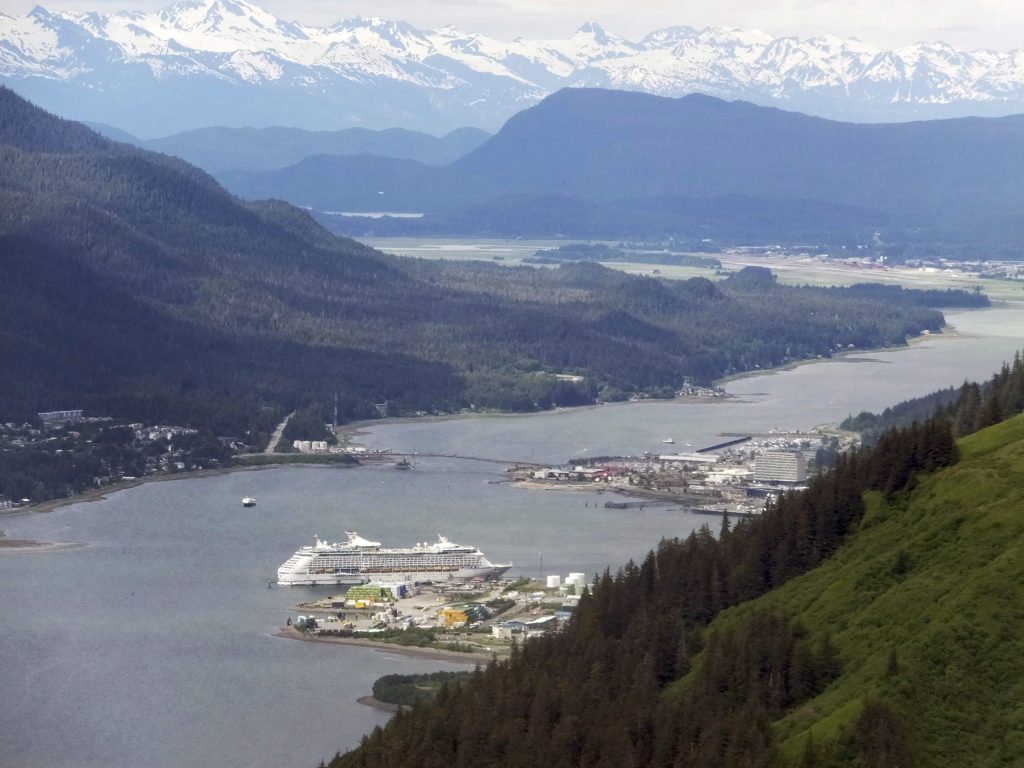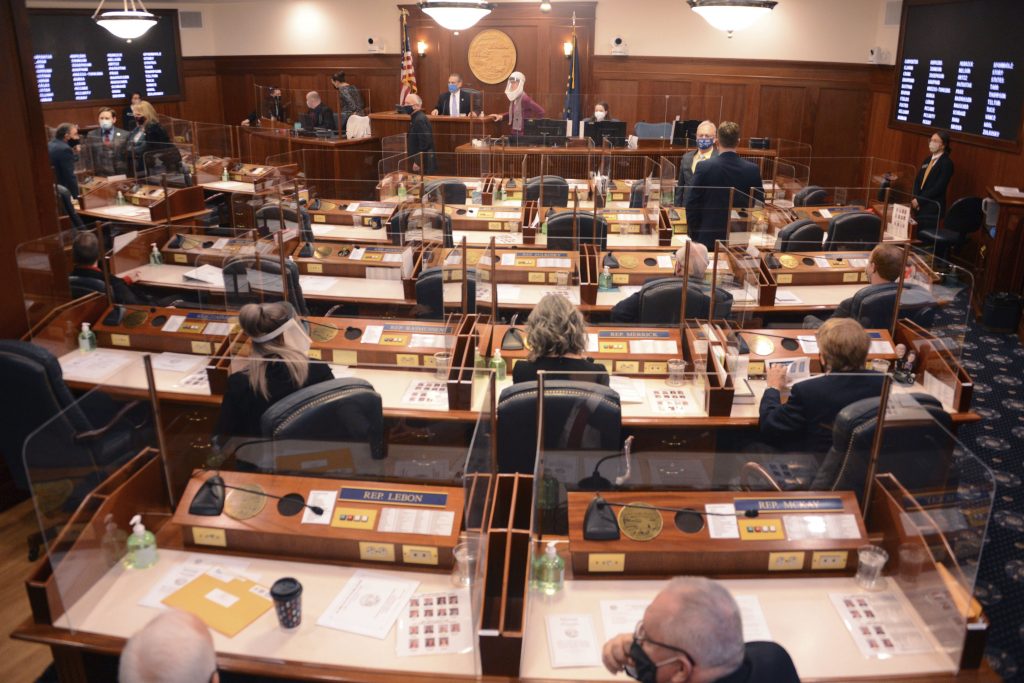Alaska bill would protect graves of relocated Indigenous people

An Alaska legislative bill would protect the graves of Native Alaskans forcibly displaced from the Aleutian Islands by adding land to a state park.
KTOO-FM reported Tuesday that the bill would increase the land within Funter Bay State Marine Park near Juneau to include a cemetery holding the graves of 30 to 40 Aleut people who died there during the Second World War.
The measure would prevent the land from being sold or developed.
The U.S. government forcibly moved Indigenous residents of the Pribilof Islands in the Bering Sea about 2,092 kilometres to the Southeast Alaska area in 1942.
They were left to fend for themselves without clean water or medicine, living in tents and the remains of an old mine and cannery. About 10 per cent of them died, mostly young children and older people, before they were allowed to return home in 1944.
‘They’re going to be safe’
Serafima Edelen, who has served as a liaison between Pribilof elders and people in the Southeast working to preserve the internment history, said the bill would give descendants reassurance that their loved ones will not be disturbed.
“What we wanted was to know that they were going to be protected, they’re going to be safe,” Edelen said. “This land will be protected, and we don’t have to worry about them.”
Edelen travelled to Juneau during the previous legislative session with a delegation of Pribilof elders and found that many lawmakers were receptive, but the coronavirus pandemic cut the session short before the bill could pass.

(James Brooks/Anchorage Daily News via AP, Pool)
Democratic state Rep. Sara Hannan, the bill’s sponsor, said the meetings had an impact on legislators, including Senate leadership members and committee chairs.
“They came to understand the historical significance and importance of honouring those who were forcibly taken from their homes and died in custody of the U.S. government through neglect,” Hannan said.
Niko Sanguinetti of the Juneau-Douglas City Museum said the bill is part of a larger Funter Bay project that includes a museum exhibit and interpretive panels to be placed at the cemetery.
Bringing the narrative into the present was important to the elders who worked on the panels, Sanguinetti said.
“Even though this is a terrible event, it didn’t destroy them,” Sanguinetti said, “And it doesn’t completely define them. So we wanted to make sure that we ended with the idea of hope.”
Related stories from around the North:
Canada: Canada’s PM apologizes to Inuit for ‘colonial’ mistreatment of tuberculosis patients, CBC News
Finland: Newspaper ads seek relatives of hundreds killed in 1918 Finnish Civil War, Yle News
Sweden: Report sheds light on Swedish minority’s historic mistreatment, Radio Sweden
Russia: Finnish grave hunter brings over 100 war dead home from Russia for burial, Yle News



